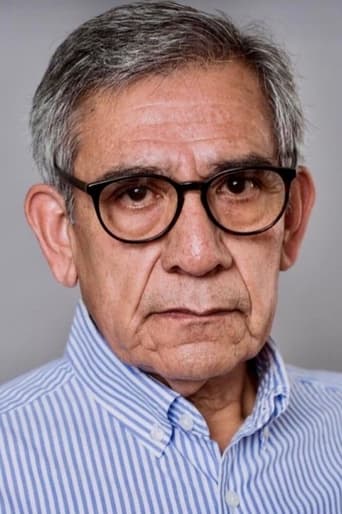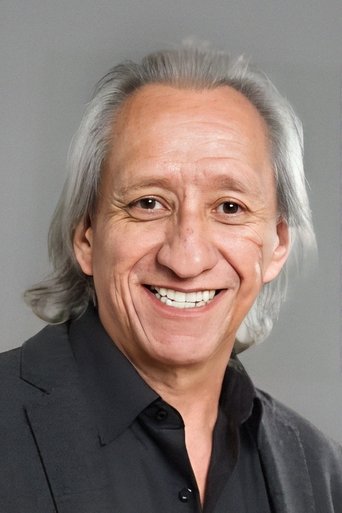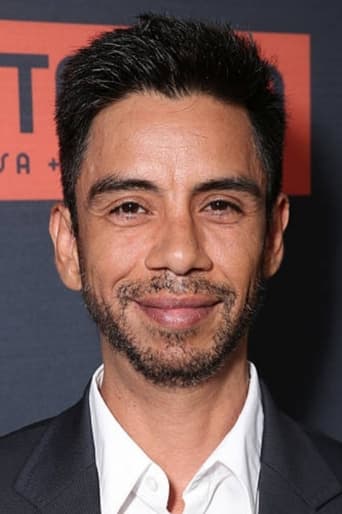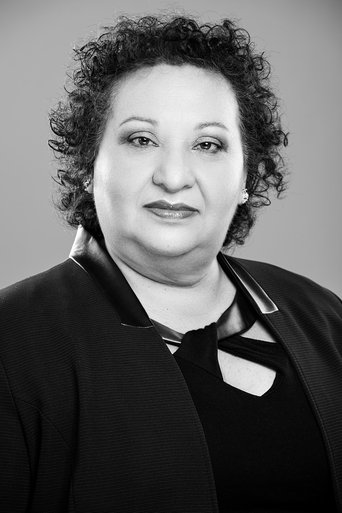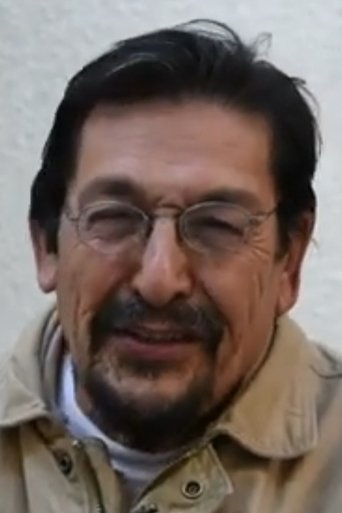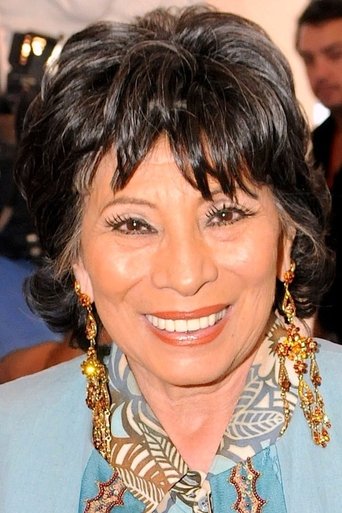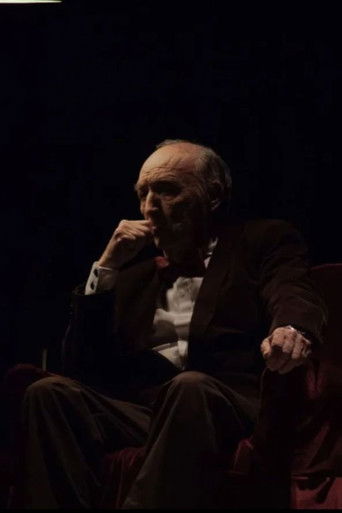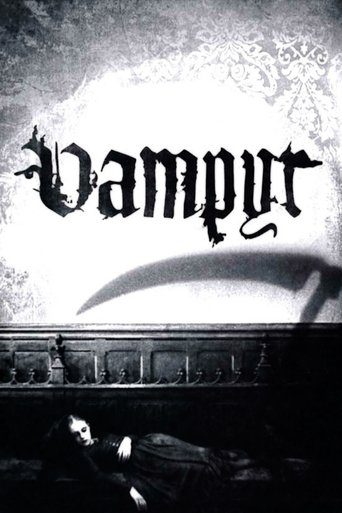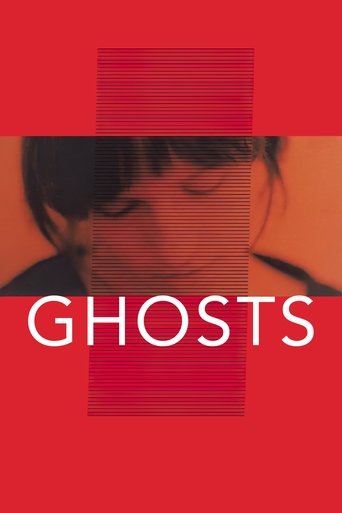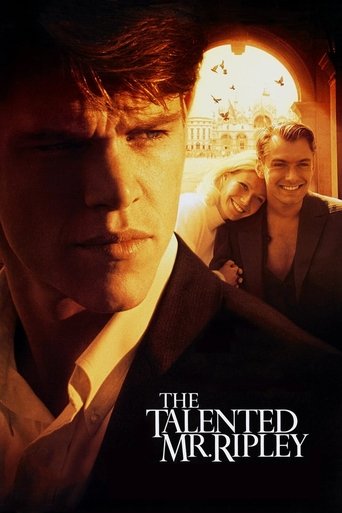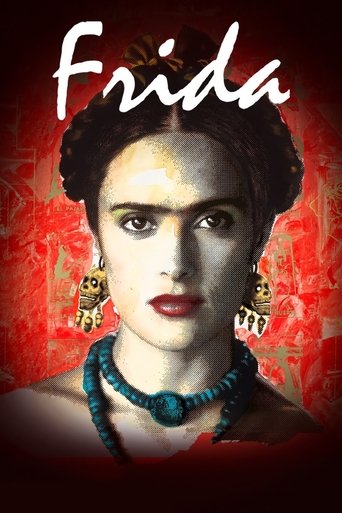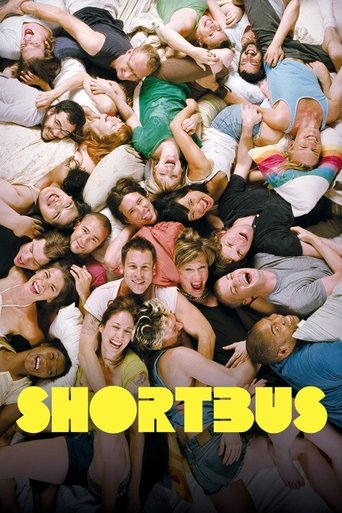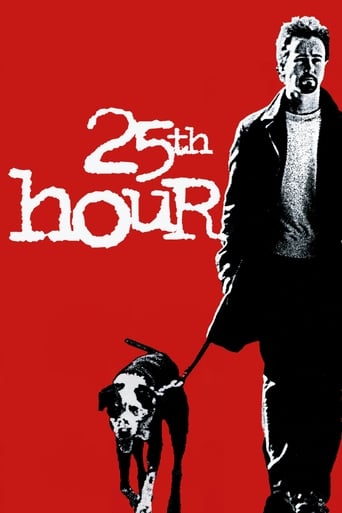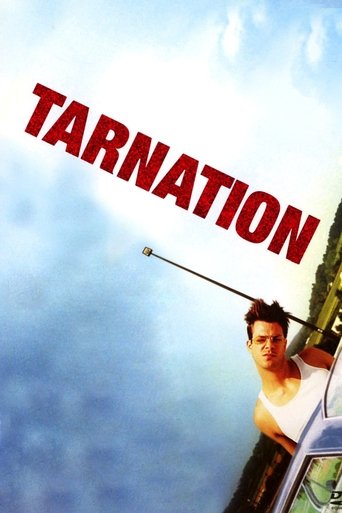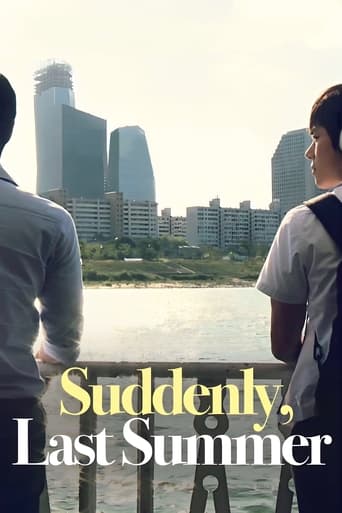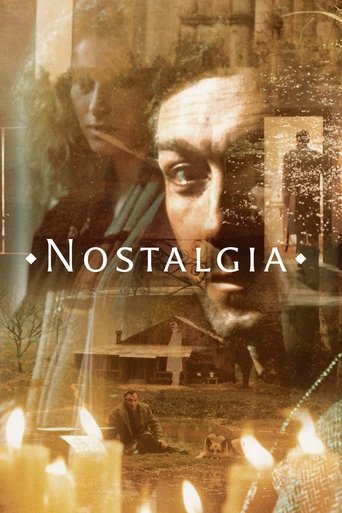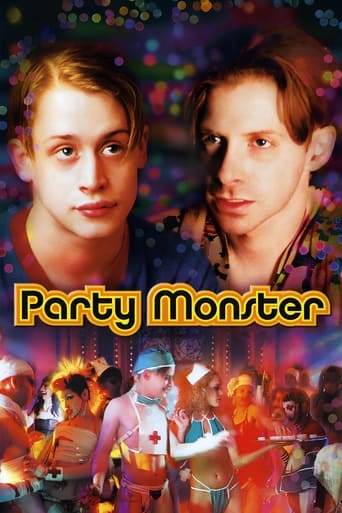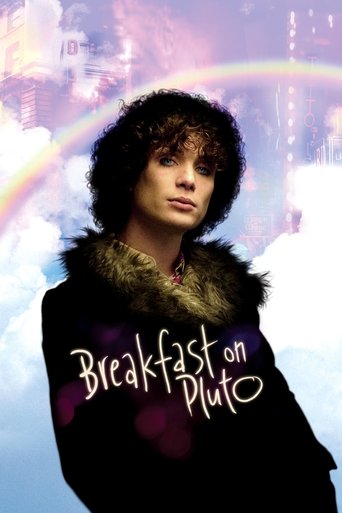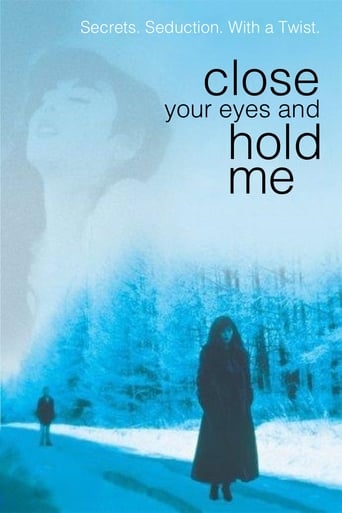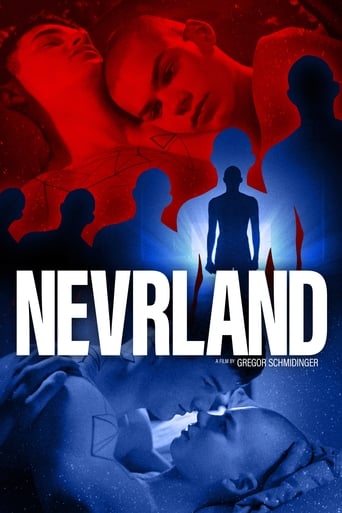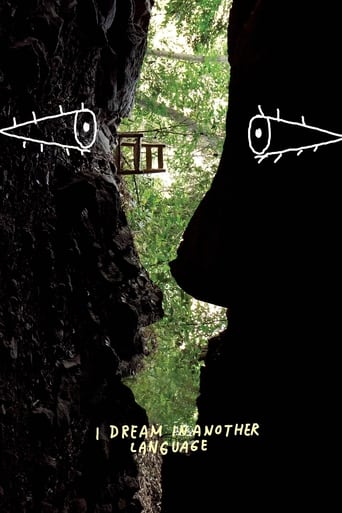
I Dream in Another Language (2017)
An indigenous language is in peril, as its last two speakers had a quarrel in the past and haven't spoken to each other in over 50 years. Martín, a young linguist, will undertake the challenge of bringing the old friends back together and convincing them to speak once again so he can obtain a recorded registration of the language and study it.
- Ernesto Contreras
- Carlos Contreras
Rating: 7.9/10 by 122 users
Alternative Title:
I Dream in Another Language - NL
나는 다른 언어로 꿈을 꾼다 - KR
Country:
Mexico
Netherlands
Language:
Español
Runtime: 01 hour 41 minutes
Budget: $0
Revenue: $0
Plot Keyword: dream, lgbt, linguist, indigenous peoples, gay theme
I Dream in Another Language is ambitious but uneven. It has good ideas, but struggles with the execution. It’s visually flawless, which is a good thing if we subscribe to the theory that a picture is worth a thousand words, but it can also be seen as a triumph of style over substance, especially in a film that’s supposed to be about words – both said and unsaid. And yet, I can’t help liking it, because director Ernesto Contreras and screenwriter Carlos Contreras show a sincere love of language and communication, even if they, somewhat ironically, don’t know quite how to express it. It’s almost as if something was lost in the translation from dream to reality. The movie revolves around a fictitious indigenous language called Zikril. There are other plot points, but this is the most interesting one, though in the end it doesn’t amount to much more than a missed opportunity. I caught exactly two words of Zikril; the rest is nothing but a lot of mumbling – and the problem is not the sound or the actors; as a native speaker, I can assure that the Spanish dialogue comes through loud and clear. Furthermore, we don't learn a lot about the culture that originally gave rise to Zikril, apart from some mythology about how it came into being, as well as learning about the afterlife where its speakers go when they die: a physical place on the mountain called “El Encanto”, to which they apparently ascend, like the Virgin into the heavens, bodily and not just in spirit (the movie is firmly planted in the tradition of magical realism, and is in particular reminiscent of Alejo Carpentier’s novel Los Pasos Perdidos, which it emulates but does not equal). What the film, shot deep in the Veracruzan jungle, does very well, however, is what Werner Herzog calls the ‘voodoo of location.’ All things considered, I Dream in Another Language is intriguing enough to hold the viewer's interest throughout its 103-minute running time, but perhaps the filmmakers should have resorted to some already existing, but still obscure, language, instead of half-assing an entirely new one.

